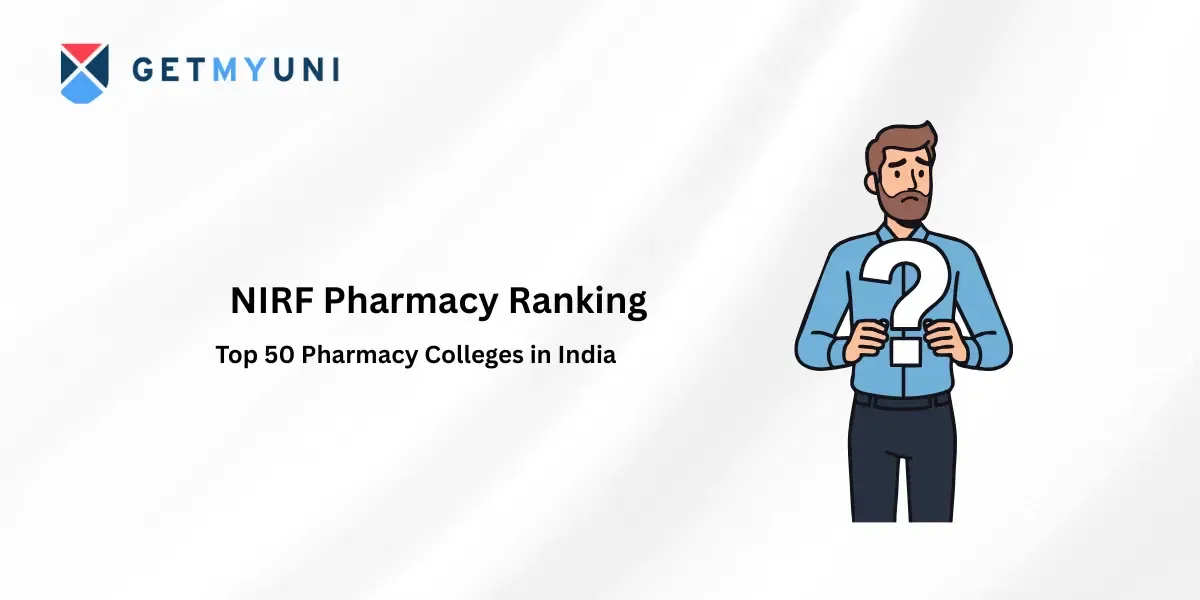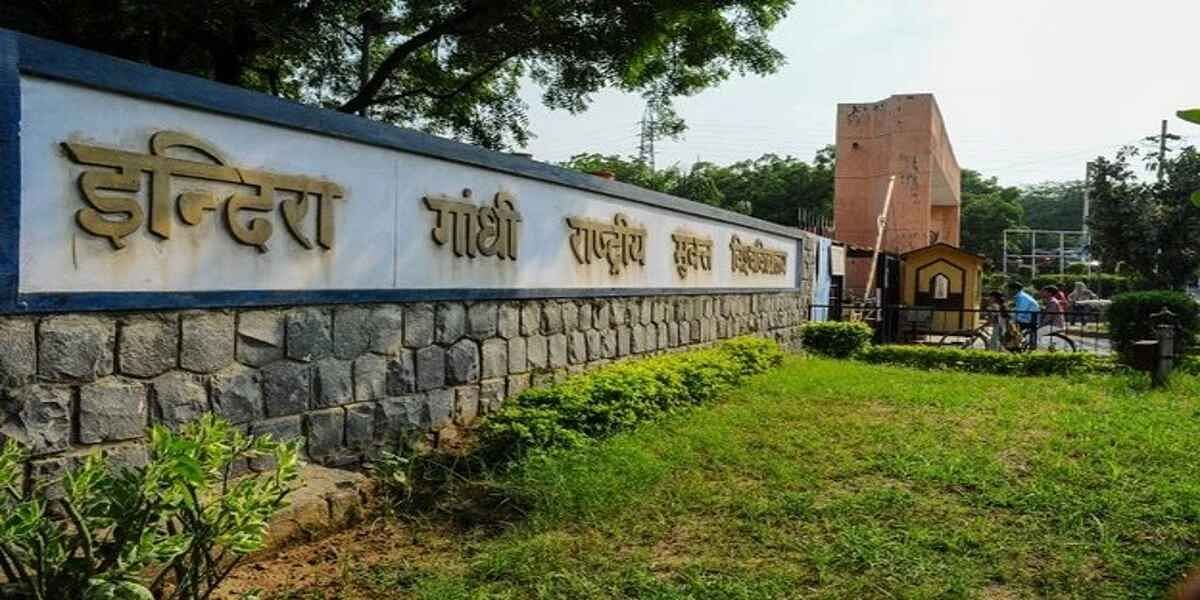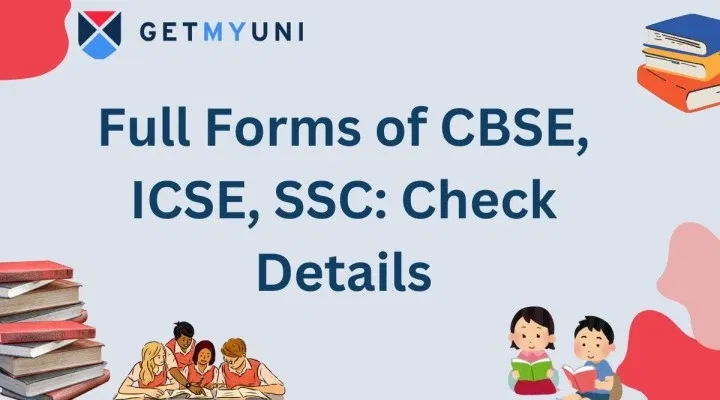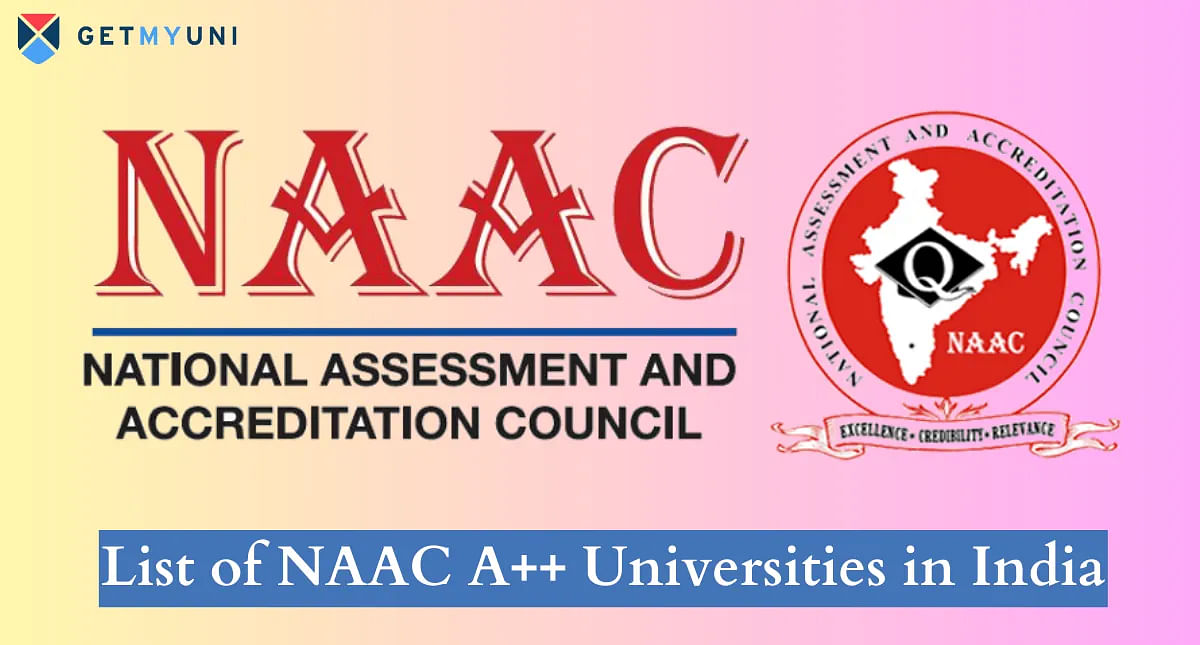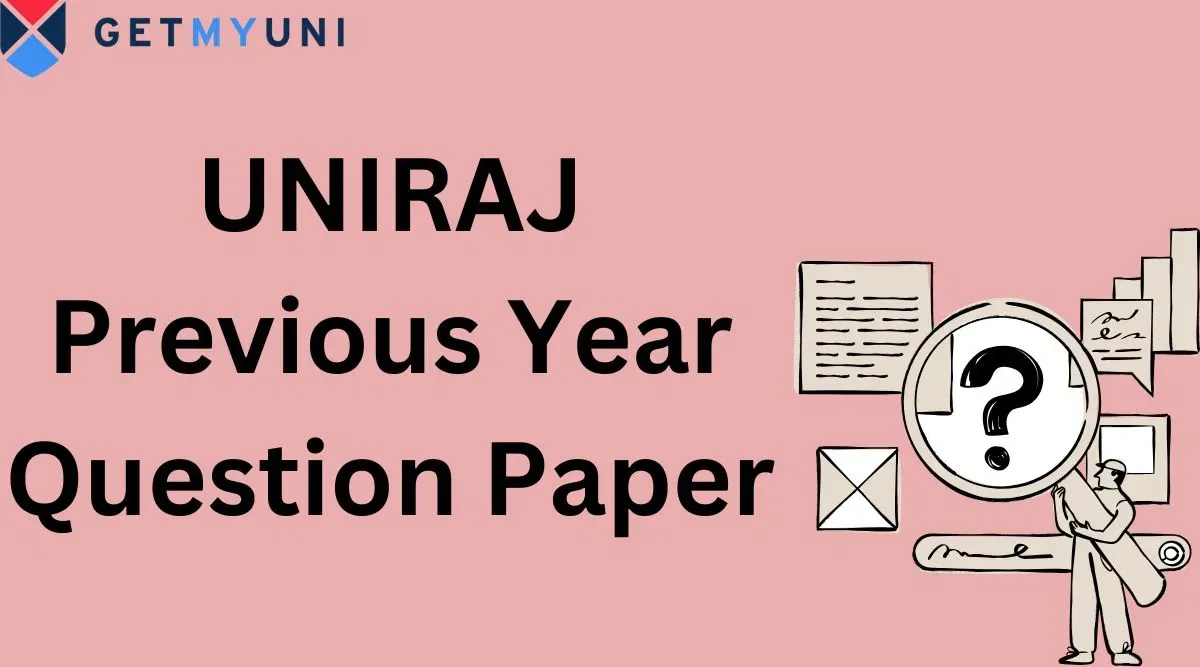A certificate course is a specific study guide for professionals. It empowers learners with subject-specific knowledge and skills.
Certificate courses are skill-specific online courses or study guides that help individuals develop, build or learn new skills in their careers. It delivers a set of knowledge to the learners that aid them to start or excel in an industry, and these courses don't require any prior qualification.
What are the Certificate Courses and its Types?
Certificate courses are mainly concentrated study programmes catered to students wishing to a learn about any career, subject, or industry and to help them become job-ready with required skills for their preferred industry.
There are three major types of certificate courses, namely beginner, intermediate and advanced levels. Below given are the descriptions regarding various types of certificate courses.
- Beginner Level: Beginner-level certificate courses are those courses that are designed for freshers. The students in beginner courses have yet to gain prior knowledge or experience regarding the topic.
- Intermediate Level: Intermediate courses are designed for beginners who have at least two years of experience and some knowledge regarding the subject matter. These courses consist of intermediate-level knowledge that students learn along with some project work.
- Advanced Level: Advanced level courses are those courses that are designed for professionals with at least five years of experience in their industry. Professionals, by doing these certificate courses, excel better in their careers.
Top 20 Certificate Courses in India
Certificate courses range in various domains in the industry like technology, marketing, sales, etc. The top certificate course in India are mentioned below:
- Global Master Certificate In Integrated Supply Chain Management (ISCM)
- Global Professional Certificate In Effective Leadership & Management
- Data Science & Analytics Programme
- Postgraduate Program in AI and Machine Learning
- Postgraduate Program in Digital Marketing
- Postgraduate Program in HR
- Product Management Certification Program
- Post Graduate Programme in TEFL
- Java Full Stack Developer Course
- Accounting and Job Taxation Program
- Post Graduate Programme in Blockchain
- PG Certification In Front-End Development
- PG Diploma In Cloud Computing
- PG Certification In Big Data
- Professional Certificate Programme in Public Policy Management
- Senior Leadership Programme
- Certificate Programme in Design Thinking and Innovation
- Advanced Programme in Human Resource Management
- Executive Programme in Healthcare Management
- Executive Programme in Investment Banking
Also Check: IIM Certificate Courses: Free Courses & For Working Professionals
What is the Duration of a Certificate Course?
Certificate course duration depends on the topic of study, course length, coursework, candidate's abilities, etc. Certificate courses are usually of short or long types. Below are the certificate course duration and its types.
- Short-Term Certificate Courses: Short-term certificate courses are courses that usually take one day to less than six months to complete. It completely varies on the candidate's abilities, learning priorities, etc.
- Long-Term Certificate Courses: Long-term certificate courses are online learning modules that range from 6 months to less than a year. These courses are detailed courses on the topic, and students learn about the subject in depth.
What is the Cost of a Certificate Course?
Certificate programs usually are less expensive compared to a degree. It can cost from INR 500 to INR 80,000 per year. These certificates are subject-specific rather than program-specific, like the degree programs.
It also depends on the authorizing body and the quality of the content in the course. Factors like a tutor, teaching method, curriculum content, course duration, learning style, etc, affect the cost of the certificate course from time to time.
Also Check: 10 Short Term Computer Certificate Courses
Differences Between Certificate Courses and Degrees
Certificate courses are topic or subject-specific courses, while degree courses are industry-specific, detail-specific studies of any industry. The Table below states the differences between certificates and degrees.
|
Certificate Courses |
Degree Courses |
|---|---|
|
Certificate courses aim to equip students with career specific skills that help them land their dream job. |
Degree courses are generic studies that are required to be pursued before majoring in a specific subject. |
|
Certificate Courses are shorter in duration and usually are not longer than 11 months. |
Degree courses range from three to four years depending on the stream. |
|
A certificate course helps students to enhance their resume and increase their chances of being interviewed. |
A degree course is the minimum qualification required to be eligible to apply for a job role in any industry. |
Also Check: Top 9 Free Online Certificate Courses by Government of India
Advantages of Pursuing Certificate Courses
There are a wide range of benefits of pursuing a certificate course as it helps students not only excel in their careers but also learn industry-specific skills.
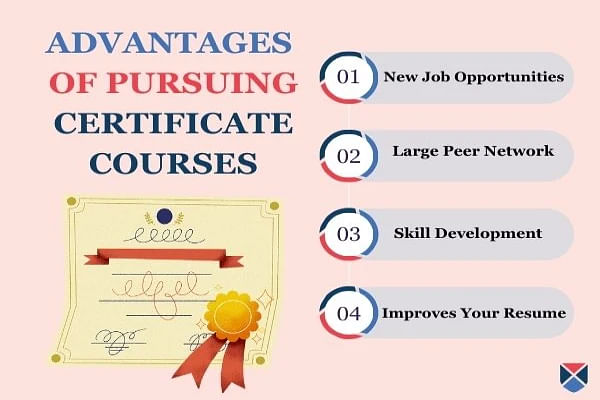
- Skills Improvement: A certificate program focuses on skills development so you can get job-ready. It's an opportunity to refine key transferable skills like critical thinking, decision-making, and attention to detail, as well as technical skills, depending on the subject area you study.
- Resume Credibility: Earning a certificate after doing a set of courses is an asset in a candidate's resume as it helps them stand out from the competition. It leaves a positive impact on the recruiters and reflects the efforts the candidate has taken to learn the subject matter in depth.
- Networking: Online certificate programs often offer opportunities to interact with classmates and instructors. It is an opportunity to expand the network and make potential connections.
- Career Opportunities: It's easier to change careers by ensuring that the skill set aligns with your new path and explaining the reasons for doing so to potential employers. Here, a certificate helps a candidate to be more prepared, confident, and capable of pursuing new career opportunities.
How to Choose the Right Certificate Program?
Finding the right certificate course is a daunting task for many learners. Below are some pointers that students must keep in mind while selecting their certificate courses.
- Aspirants must prioritize their goals and priorities before selecting a program. It will give them clarity to select the right course from the pool of certificate programs.
- Candidates must acknowledge the ROI or the learning they will receive from the content. It is essential to know the course curriculum and make a choice that suits their interests.
- Students must also consider the time and length of the course with their schedule. They must choose a course that is flexible with their schedule. It is essential to learn at their own pace & time and understand the concepts clearly.
Also Check: List of NSDC Courses for Skill Development


